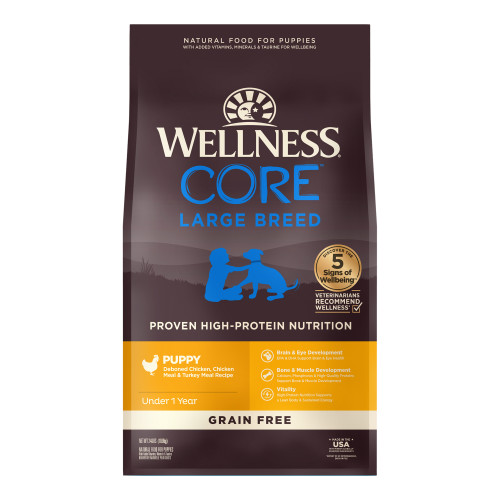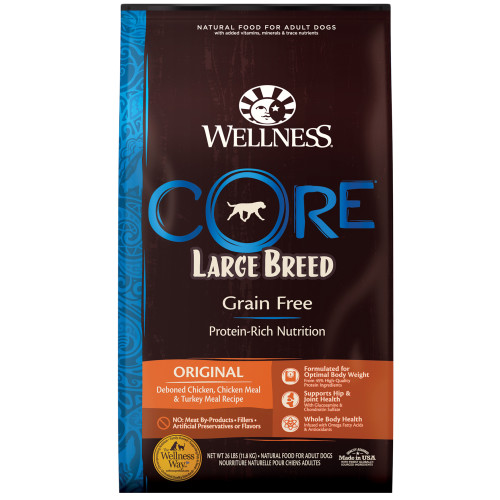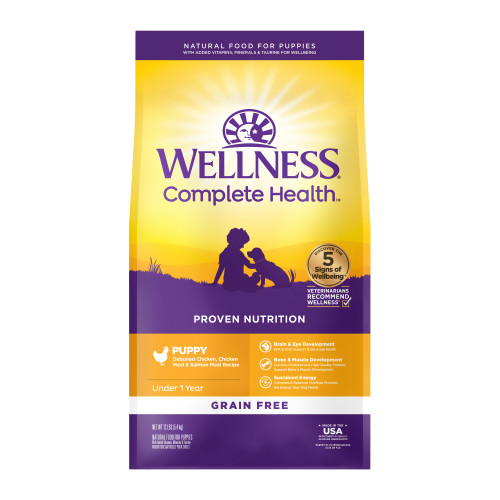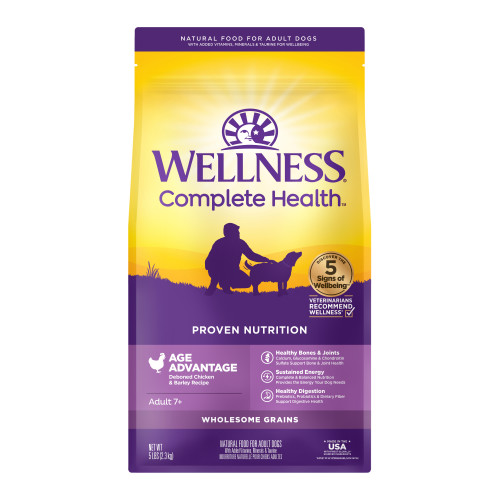April 29, 2020
5 Ways To Prevent Dental Disease In Your Dog
When thinking of all the things a new puppy will need, most pet parents are on top of the essentials – dog bed, bowls, collars, etc. They diligently research the best foods, they book in their vet checks and vaccinations and sign up for puppy training classes. There’s no doubt that this new pair are off with a great start to what will be a fabulous life together, but alarmingly most pet parents are forgetting to address the number 1 health issue that will affect their young puppy as they age—their teeth!
PUPPY AND DOG ORAL HEALTH- IMPORTANCE OF ESTABLISHING A ROUTINE
- Puppies are born with no teeth and develop sharp puppy teeth after a few weeks.
- Their permanent teeth grow in at 4-6 months. Not many puppy owners will report to seeing the baby teeth fall out, but every new puppy owner will testify to their new pup’s desire to chew everything in sight during these teething months to help ease their discomfort.
- Whilst stocking up on chew toys is a given, the other, more important consideration is establishing a daily tooth cleaning routine with your puppy.
- Bacterial plaque starts to accumulate on teeth within 24 hours and if not removed each day this plaque will harden to form tartar.
- Dental disease progresses from tartar to gum inflammation, bad breath, loosening of the tooth attachments and significant pain.
Dental disease affects 80% of adult dogs and 96% of senior dogs.

To ensure your new puppy is not going to end up with poor dental health as an adult, the best thing a new pet parent can do is start cleaning their dog’s teeth at 3 months old, or as soon as adult teeth start to come in. So how do you do it? Here are 5 tips and tricks to make daily dental time a breeze:
1. START BRUSHING THEIR TEETH FROM WHEN YOU FIRST BRING YOUR NEW PUPPY HOME
In the first 16 weeks of a puppy’s life they are learning so much about the world around them. Getting them used to having you open their mouth and brush their teeth at this age will ensure they are more tolerant of it as they age.
2. BRUSH THE RIGHT WAY
There are several different brushes or finger brushes available, but the most important factor is to ensure that in time, you are able to brush all of their teeth both front and back on both the inside and outside of each tooth.
- Start by rubbing your finger around their mouth
- Move to a finger brush
- Progress to a toothbrush to help reach the back teeth.
- Use dog-specific toothpaste for safety and a flavor your puppy will like. Human toothpaste is not safe for dogs.
3. INCORPORATE A WAY FOR YOUR DOG TO CLEAN THEIR OWN TEETH
Whilst brushing your puppy’s teeth is the gold standard technique for keeping their teeth clean, we know it’s one of the least favorite parts of owning a dog for most pet parents.
In fact, only 2% of pet parents brush their dog’s teeth each day.
To help combat dental disease, an alternative to brushing is letting the dog do all the work with a dog dental chew. Scientifically-proven and VOHC accepted dental chews are a great way to look after their teeth each day while giving them a treat they love. The other important thing when it comes to puppies is to ensure the dental chew you give is suitable for puppies as young as 3 months. This is key to make sure the chews are the right amount of calories, and a safe texture and size to suit their developing mouths.
Once your puppy has reached nine months, you can switch to an adult dog dental chew that is the right size for your dog based on their weight. WHIMZEES Daily Dental Treats are vegetarian and grain-free.
4. MAKE SURE IT IS DAILY
Plaque can accumulate in as little as 24 hours so just like us it is important to support your dog’s teeth with a dental chew every day to keep their teeth healthy.
5. DON’T DELAY!
| Puppy Age | Human Age |
|---|---|
| 3 months | 4 years |
| 4 months | 5 years |
| 5 months | 6 years |
| 6 months | 7.5 years |
| 7 months | 9 years |
| 8 months | 10 years |
| 9 months | 11 years |
| 10 months | 12.5 years |
| 11 months | 14 years |
| 12 months | 15 years |
A puppy grows so much in their first year that by the time they have their first birthday it is the equivalent of 15 human years! Hence just starting to clean their teeth a few months later in their life can quickly become the equivalent of starting to brush their teeth only when they are a teenager. That’s why it’s best to start your puppy’s oral health care routine at 3 months old.





